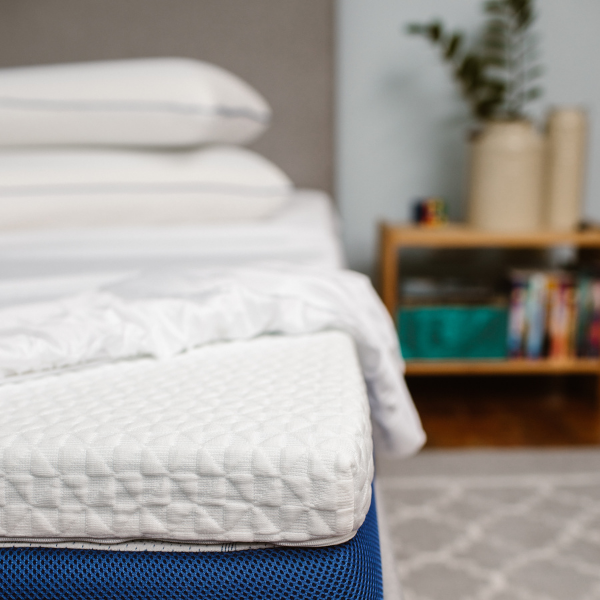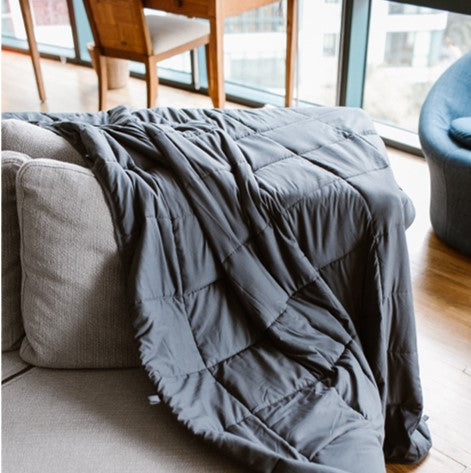FREE NATIONWIDE SHIPPING OVER PHP 1,500 | EASY RETURNS & EXCHANGES
Menu

FREE NATIONWIDE SHIPPING OVER PHP 1,500 | EASY RETURNS & EXCHANGES
bedding
blankets

Nappers Unite! The Benefits of Taking Daytime Naps
June 07, 2021 - 2 min read

We're all so busy trying to make the most of our days. Call after call, glorifying the grind and hustle. That takes its toll on the body. You may not feel it immediately, but definitely over the months and years.
Take a breather. Sometimes you just have to turn off notifications and take a few minutes for yourself. Naps are underrated. You should try it.
You're thinking, "Do I really need to nap? Is that even worth the time lost?”
Yes! It is beneficial.
Nap Benefits
Here are some of the general benefits of taking naps during daytime:
- Reduced fatigue - Feeling stressed and having headaches because of how your day is turning out? Napping can reduce and alleviate headaches and dizziness.
- Relaxation – You’ll loosen up after a good nap. It will help you with your muscle aches and weakness.
- Increased alertness – You will have a fresh mind after you wake up from your nap. Almost like refreshing that buffering page you’re having trouble with!
- Improved mood – Feeling cranky and irritable? Nap it off! You’ll surely feel better afterwards.
- Quicker reaction time and better memory – Because you’re more alert, in a better mood, and relaxed, you’ll have a quicker reaction time and better memory.
No wonder people say “Sleep on it” before making big decisions!
Whether you’ve had 8 hours of sleep the night before or are just running on fumes because of sleep deprivation, taking a nap will help you through the day.

Types of Naps
Different durations of naps have different benefits too:
- Power nap (15 to 20 min) – improves alertness and motor skills
- Slow-wave sleep (30-60 min) – good for decision-making skills
- REM sleep (60 to 90 min) – plays a key role in making new connections in the brain, helpful for solving creative problems.
Cons of Napping
The reason why people avoid naps could be because of these :
- Sleep inertia – feeling groggy and disoriented, usually for an hour
- Nighttime sleep problems – having trouble falling asleep during the night
However, these can be avoided depending of the length of nap you take. Usually, a power nap doesn’t cause such effects but the longer you nap, the higher the probability of grogginess afterwards. If you have insomnia, you’ll have more trouble falling asleep in the night if you take a nap over 20 minutes.
The key is to time your nap properly for the results you want to achieve.
To nap or not to nap? That is the question.
Instead of getting more stressed, groggy, and tired by forcing yourself to function when your body is clearly protesting, go ahead and indulge. Take a nap. Find a good place to nap in and get comfortable. You’ll feel better afterwards.
---
Featured item:













